
If You Have High Blood Pressure, NEVER Do This in the Morning
If You Have High Blood Pressure, NEVER Do This in the Morning
High blood pressure (hypertension) is often called a "silent killer" because many people experience no symptoms until serious complications arise. Endocrinologist Dr. João Sorio outlines nine critical morning mistakes people with hypertension make. The most critical mistake is tied to medication adherence.

The Core Mistake: Stopping Medication
NEVER Stop Your Meds Just Because Your Blood Pressure Looks Good
It is a common mistake for people to wake up, see a normal reading (like $\mathbf{120/80}$), and assume they can skip their prescribed medication for the day.
-
Why It's Dangerous: A single, healthy blood pressure reading is not a sign of a cure; it is a sign that your treatment is working as prescribed. Treating hypertension is an ongoing, long-term process.
-
The Risk: Stopping medication, even for one day, disrupts the long-term control your doctor established. This can destabilize your blood pressure over time and lead to serious health issues.
-
The Rule: Always take your blood pressure medication as usual. If you feel dizzy, unwell, or if your readings are consistently low, talk to your doctor about adjusting your treatment—never make changes on your own.
8 Other Morning Mistakes to Avoid
1. Be Careful With Certain Teas
Some common teas contain natural compounds that can affect blood pressure and interact with medication.
-
Teas that can potentially raise pressure: Green tea, black tea, ginger tea, and mate tea.
-
Teas that can potentially lower pressure: Hibiscus tea, horsetail tea (which acts as a diuretic).
-
The Solution: Consult your doctor about any tea you plan to drink regularly, especially if you are on blood pressure medication.
2. Don’t Assume You’re Fine Just Because You Have No Symptoms
High blood pressure causes damage to organs (kidneys, eyes, heart) even if you "feel fine."
| Category | Systolic (Top) | Diastolic (Bottom) |
| Normal | Less than 120 | Less than 80 |
| High Blood Pressure (Stage 1) | 130-139 | 80t-89 |
| High Blood Pressure Stage 2) | 140 or higher | 90 or higher |
3. Be Careful With Over-the-Counter Medications
Some common anti-inflammatory drugs can raise blood pressure and interfere with your treatment.
-
Medications to Watch: Naproxen, ibuprofen, and diclofenac.
-
The Risk: Using these for even five days or more can affect your blood pressure levels. Use only short-term and with medical supervision.
4. Watch Your Breakfast Choices
Many breakfast staples are hidden sources of excessive sodium, which raises blood pressure.
-
Foods to Limit: Bacon, sausages, ham, fatty cheeses (provolone, parmesan), salami, and ultra-processed foods.
-
The Goal: The recommended daily sodium intake is up to 2 grams. Be mindful of the sodium already in your food, not just the salt you add.
5. Get Enough Quality Sleep
Sleep quality directly affects your blood vessel health and blood pressure.
-
Quantity: Aim for 6 to 8 hours of sleep per night. Less than six hours is insufficient for long-term health.
-
Quality: Untreated obstructive sleep apnea is a common cause of high blood pressure, as repeated drops in blood oxygen levels destabilize the circulatory system. Treating sleep apnea is crucial for effective blood pressure control.
6. Understand the Underlying Cause of Your High Blood Pressure
Identifying the root cause can lead to more effective treatment.
-
Hormonal Links: An overactive thyroid (hyperthyroidism) can dramatically raise systolic pressure. Conversely, an underactive thyroid (hypothyroidism) can also cause high blood pressure by affecting blood vessel relaxation.
-
Other Causes: Excess levels of the stress hormone cortisol can also lead to hypertension (often accompanied by high blood sugar and specific weight gain patterns).
7. Measure Your Blood Pressure Correctly and Consistently
Inconsistent or overly frequent checks can skew results or cause anxiety.
-
The Balance: Find a balance; constantly checking can raise your blood pressure due to anxiety (releasing cortisol and adrenaline).
-
The Record: Always record your readings (date, time, systolic/diastolic values, and heart rate) to give your doctor accurate trend data for treatment adjustments.
8. Be Mindful of Your Coffee Intake
While coffee in moderation is generally considered safe, overdoing it can be risky.
-
Safe Limit: The ideal daily coffee intake is generally 3 to 4 cups ($200 \text{ ml}$ each) or three shots of espresso.
-
The Risk: Consuming eight or more doses might increase the risk of arrhythmias and can exacerbate high blood pressure in sensitive individuals.
News in the same category

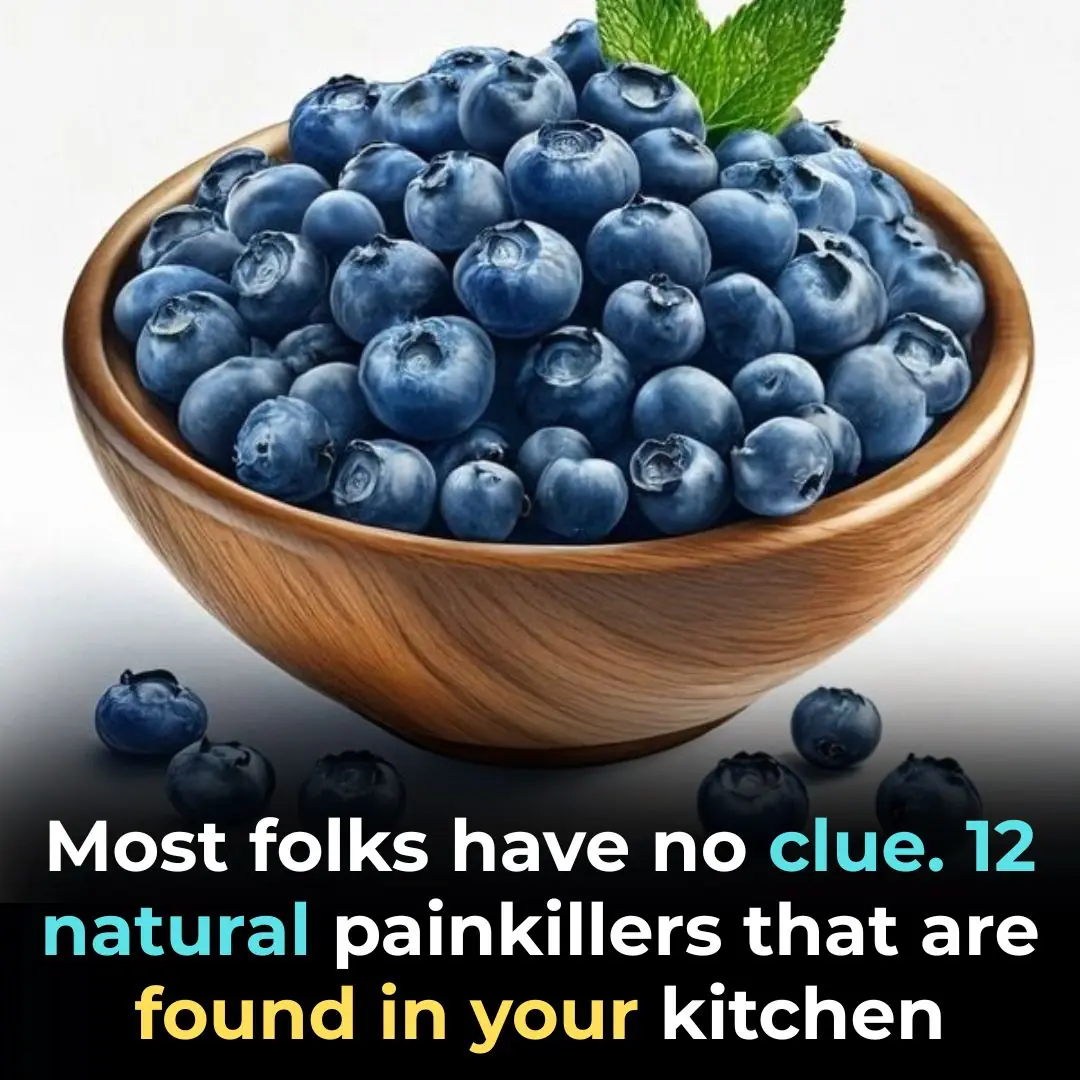
12 Powerful Natural Painkillers Found in Your Kitchen
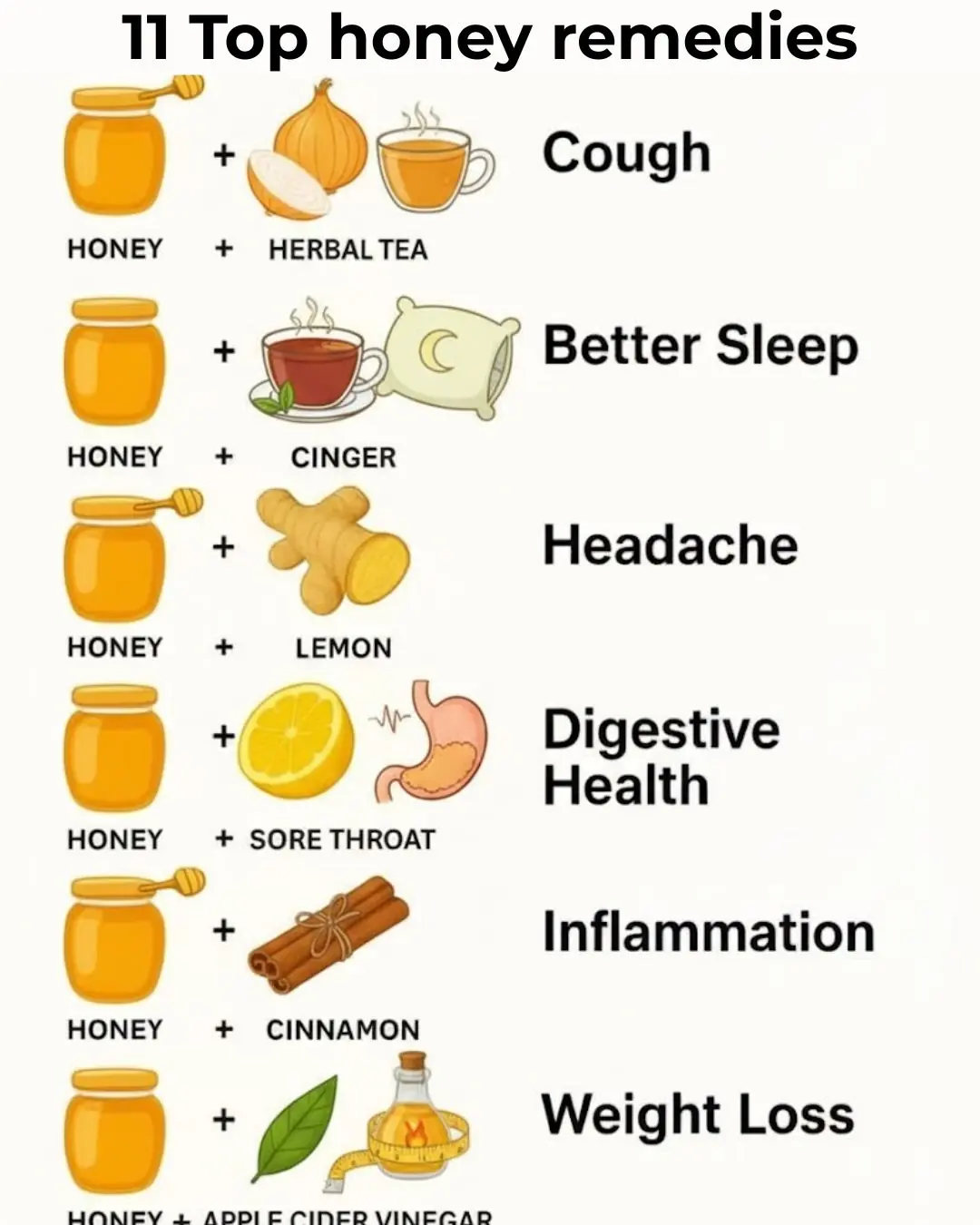
11 Honey Remedies That Truly Work
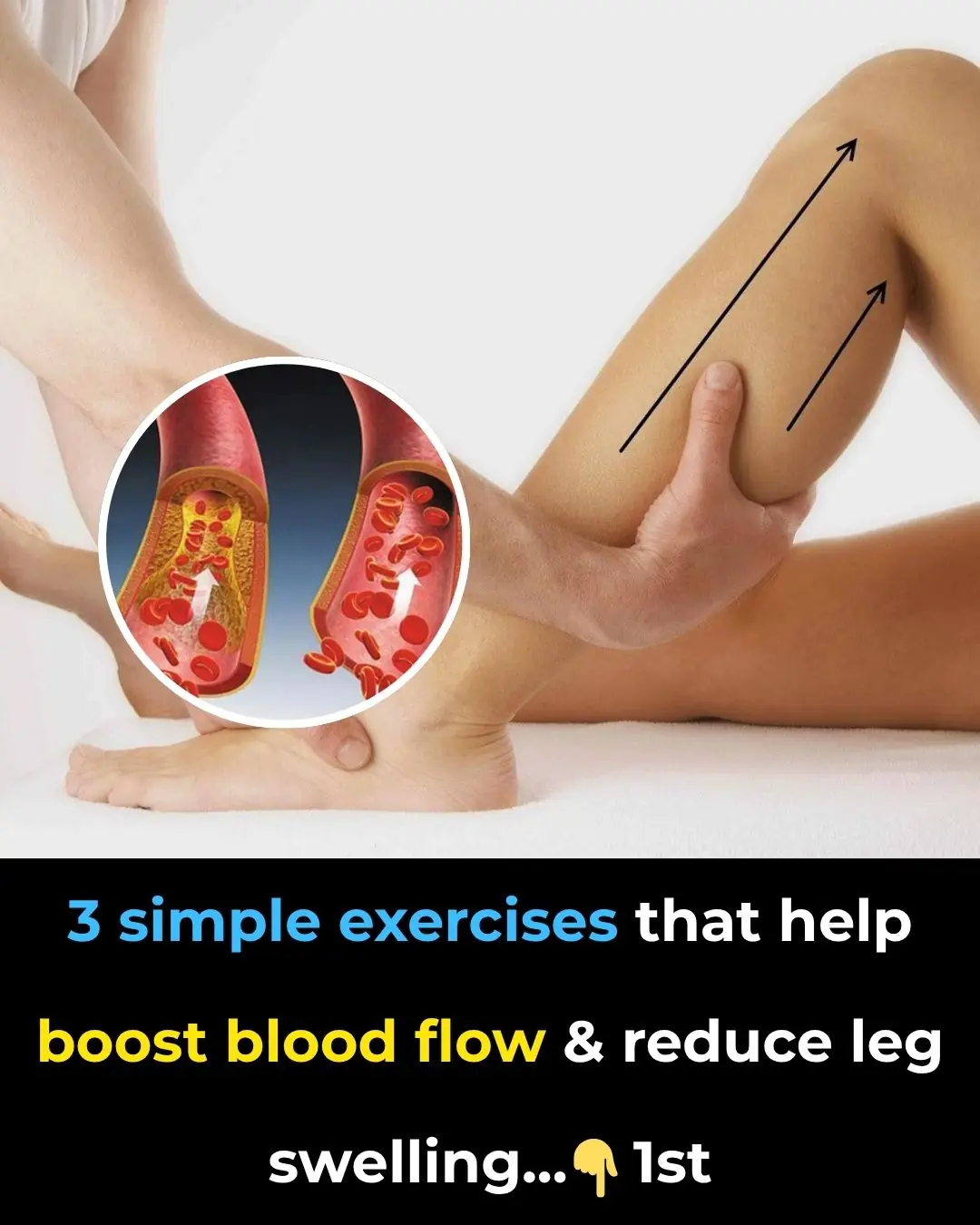
The only 3 exercises you need to improve leg circulation

For those who eat canned tuna: you should know that
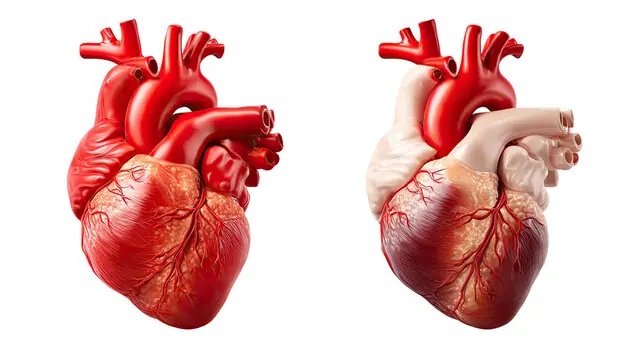
What Really Happens to Your Heart During a 5-Day Fast: A Day-by-Day Breakdown

The Magnesium Solution: 10 Essential Foods to Naturally Conquer High Blood Pressure

How to Make Alkaline Water to Fight Fatigue, Digestive Issues, and Cancer

Why Drinking Water on an Empty Stomach Is Beneficial

People Left Disgusted: Shocking Truth About How Crabsticks Are Made
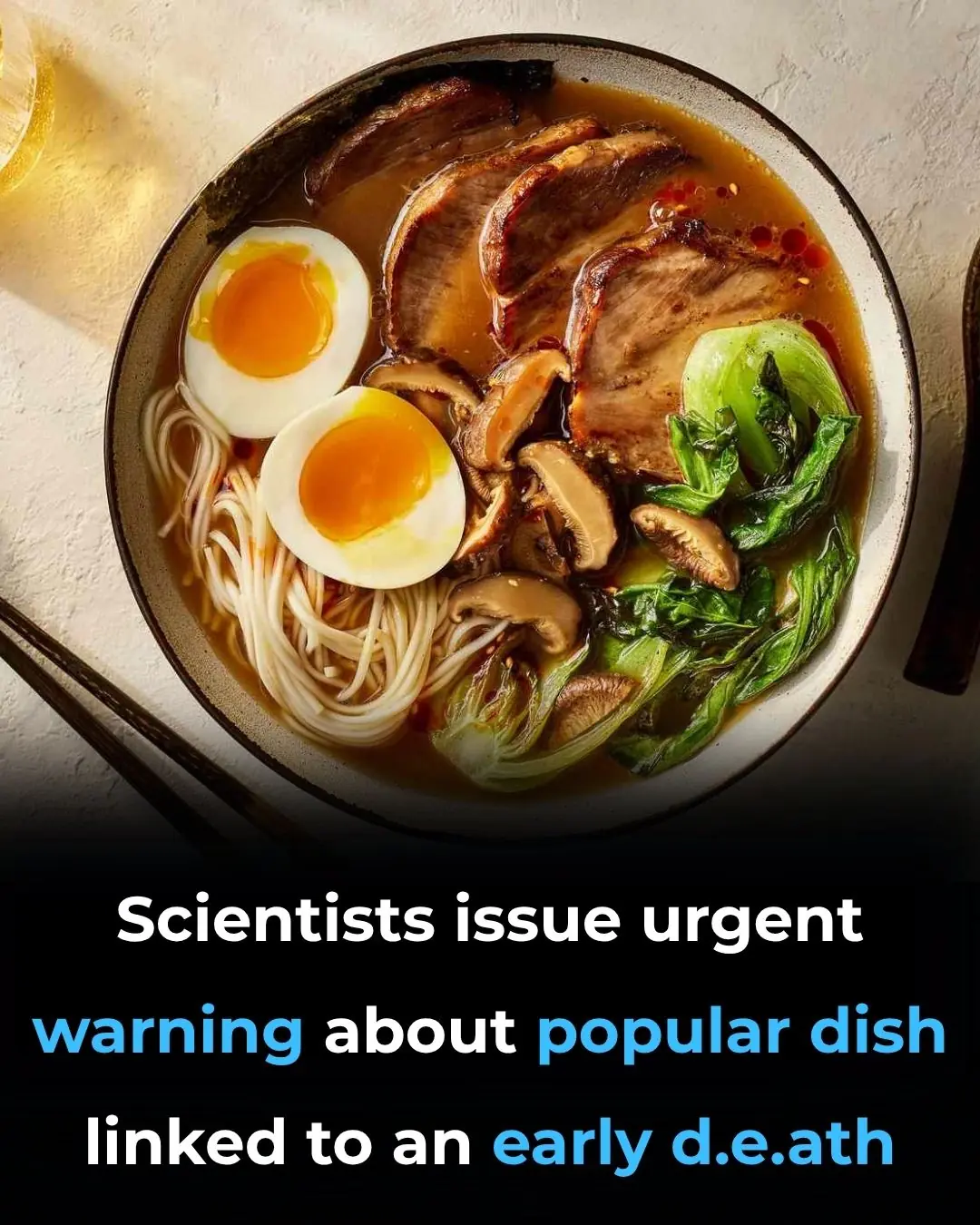
Alarming Study Links Eating Ramen Often to Early Death

This is what happens to your body if you eat eggs for breakfast.
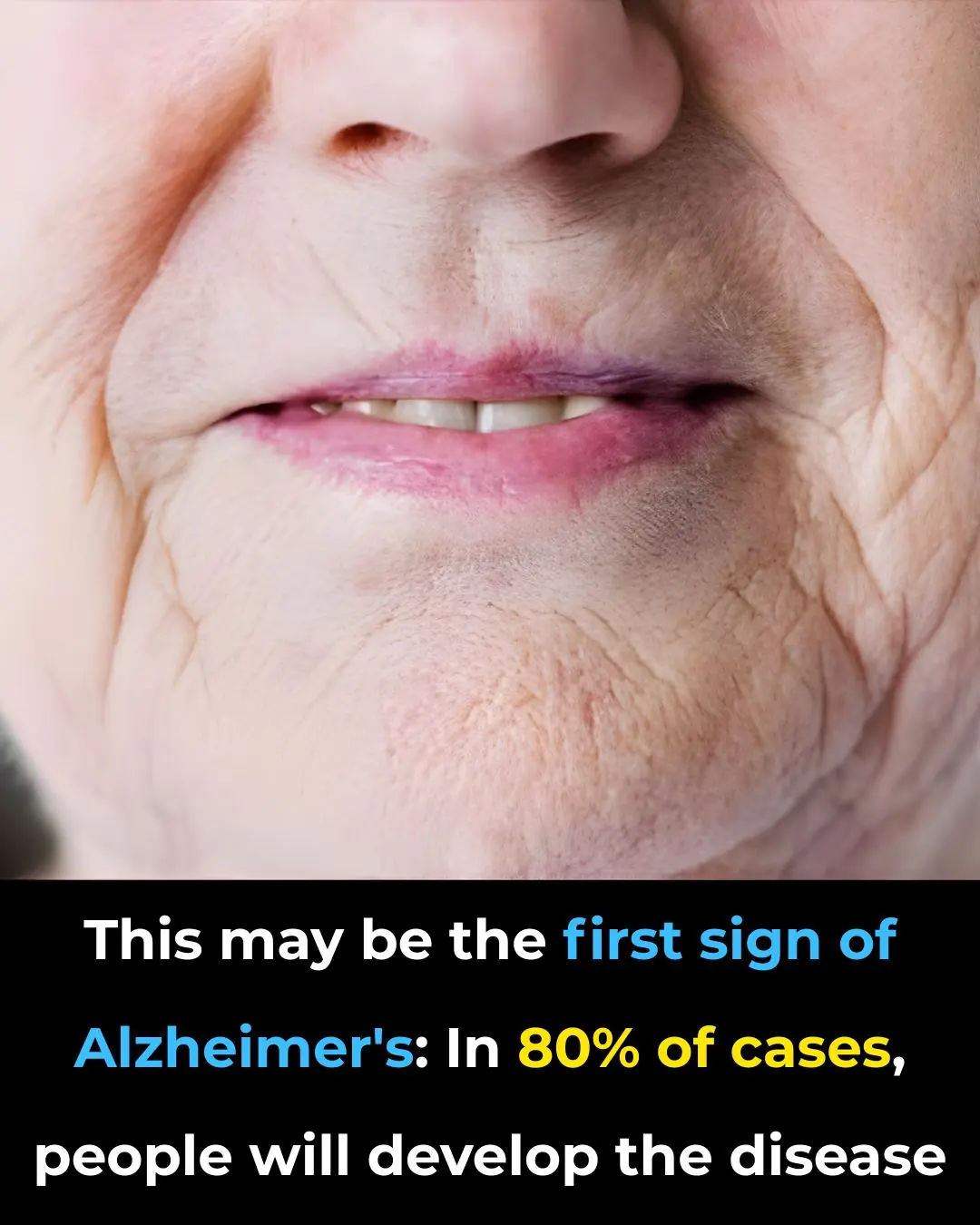
This may be the first sign of Alzheimer’s

3 types of cheap vegetables in the market help treat melasma effectively: Crush them and apply them to your face to see
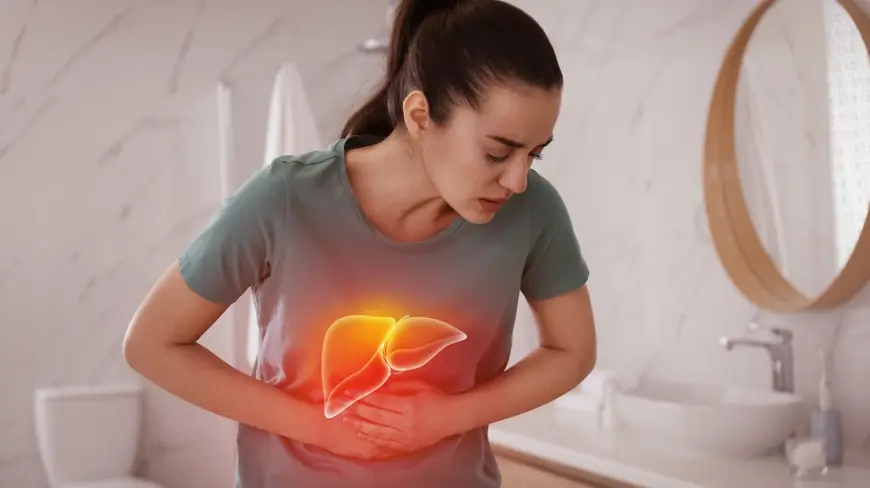
10 Warning Signs Your Liver is Overloaded with Toxins Don’t Ignore These!
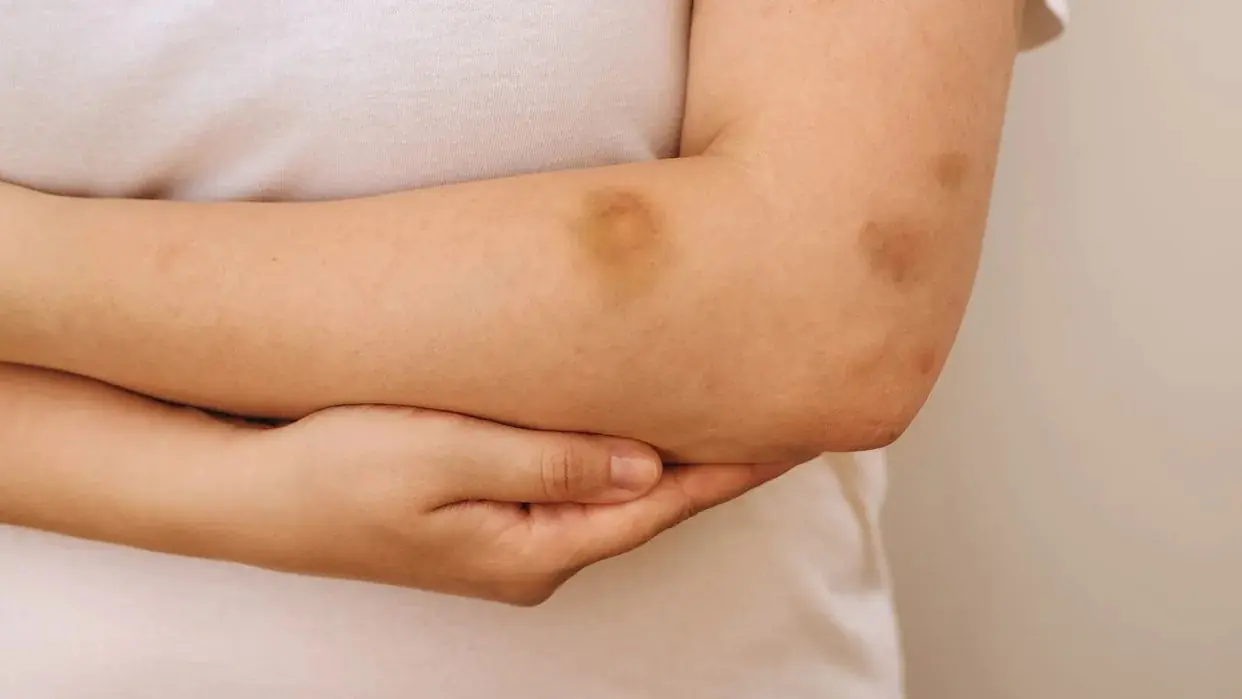
Doctors Urge: Don’t Ignore Unexplained Bruising These Hidden Reasons Could Be the Cause

Struggling to Sleep? A Famous Doctor’s 60-Second Trick Could Change Your Nights Forever
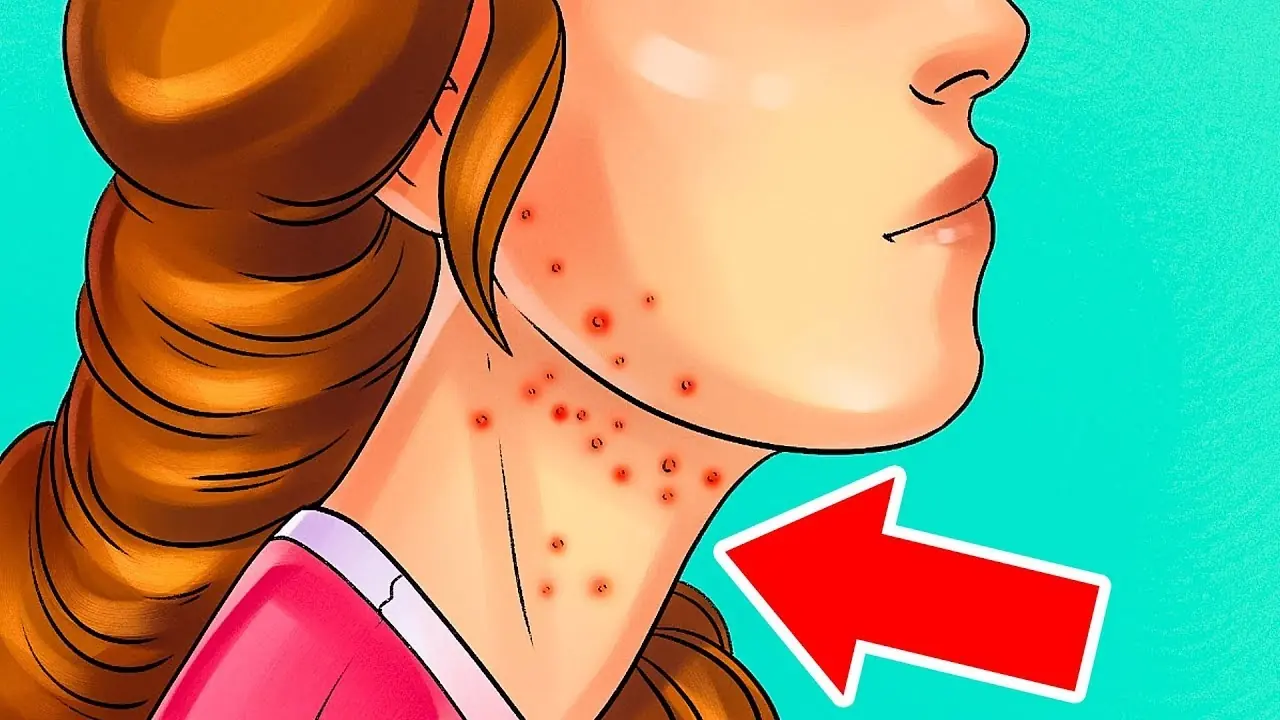
10 Urgent Warning Signs You’re Eating Too Much Sugar
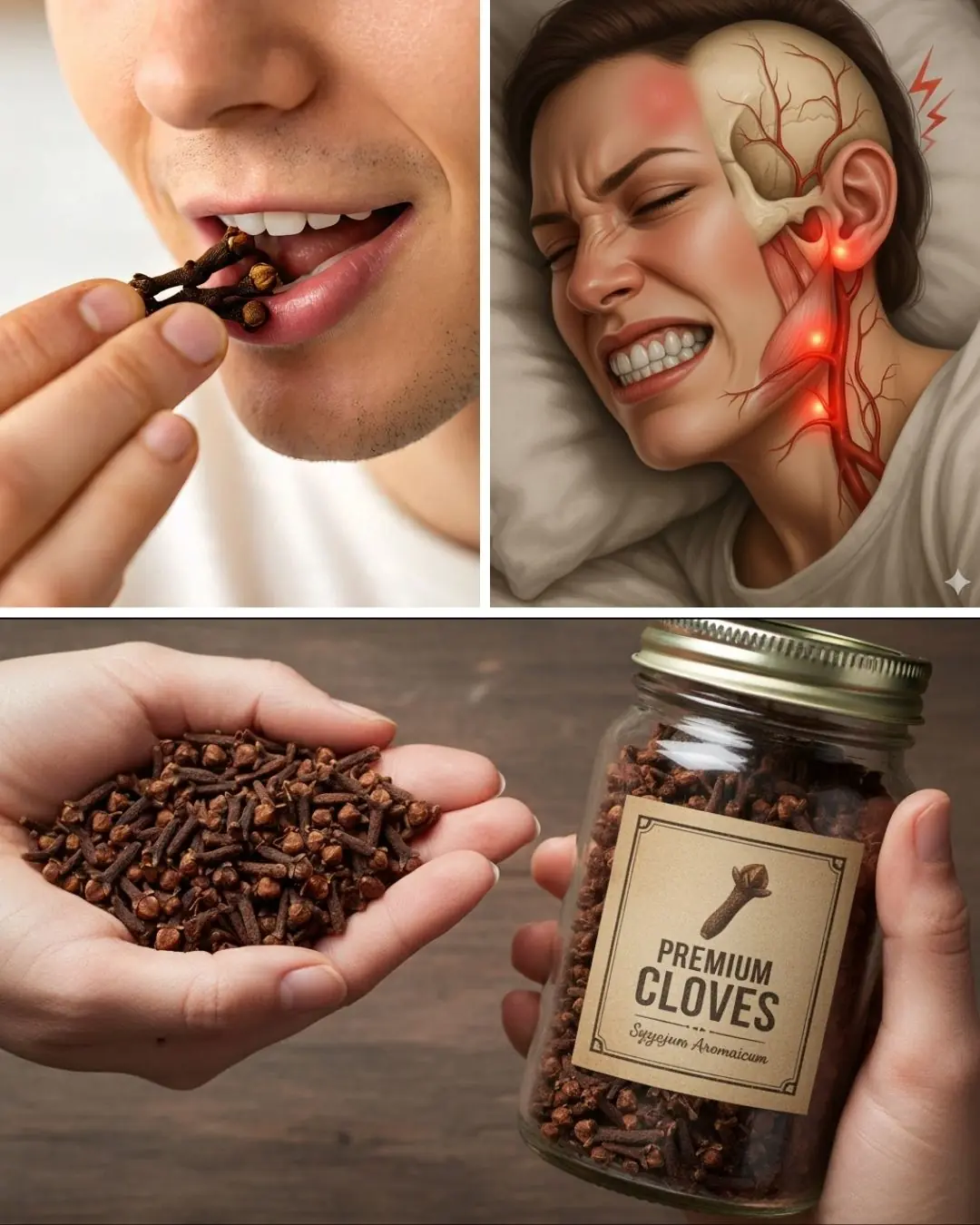
Holding Cloves in Your Mouth: A Natural Way to Relieve Toothache
News Post
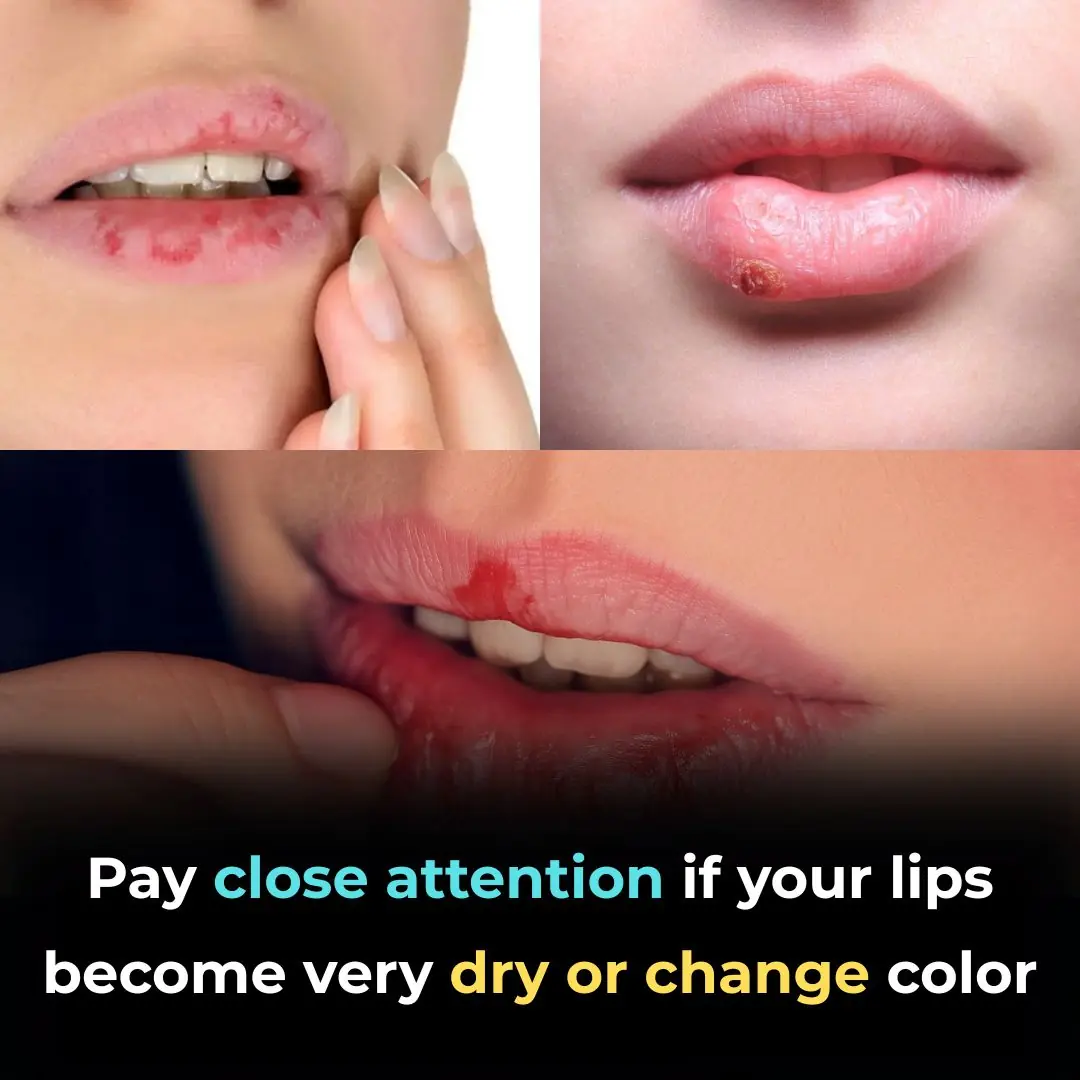
What Your Lips Say About Your Health

Important News for Everyone Who Loves a Daytime Nap

The Night Edith Found Her Angels at a Waffle House

The Dog Who Healed Our Hearts: A Story of Rescue, Love, and Second Chances
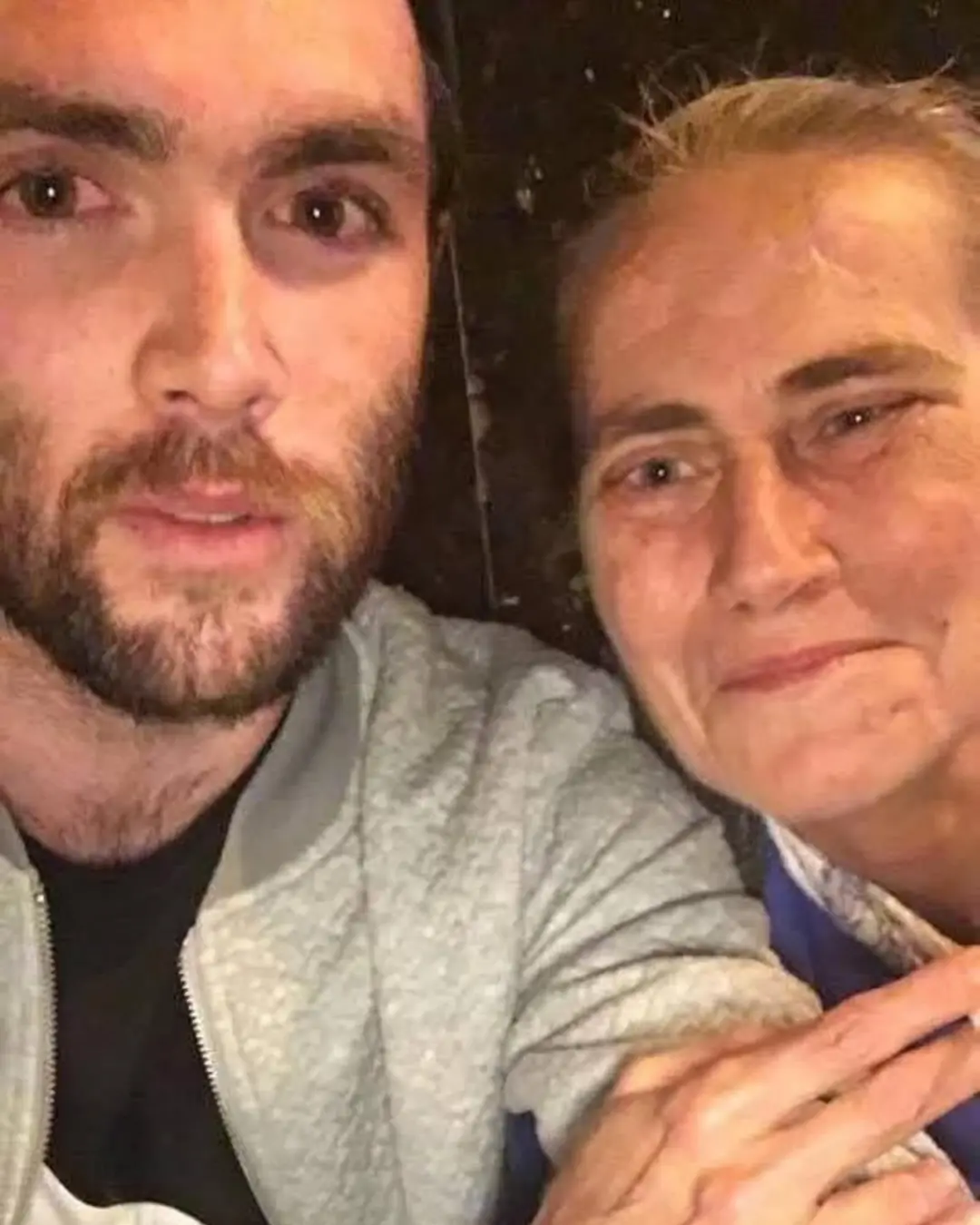
A Night at McDonald’s That Changed a Life — And Mine

Beyond the Badge: A Police Officer’s Reflection on True Community Connection

Koda the Christmas Bandit: The Dog Who Unwrapped Every Gift Under the Tree
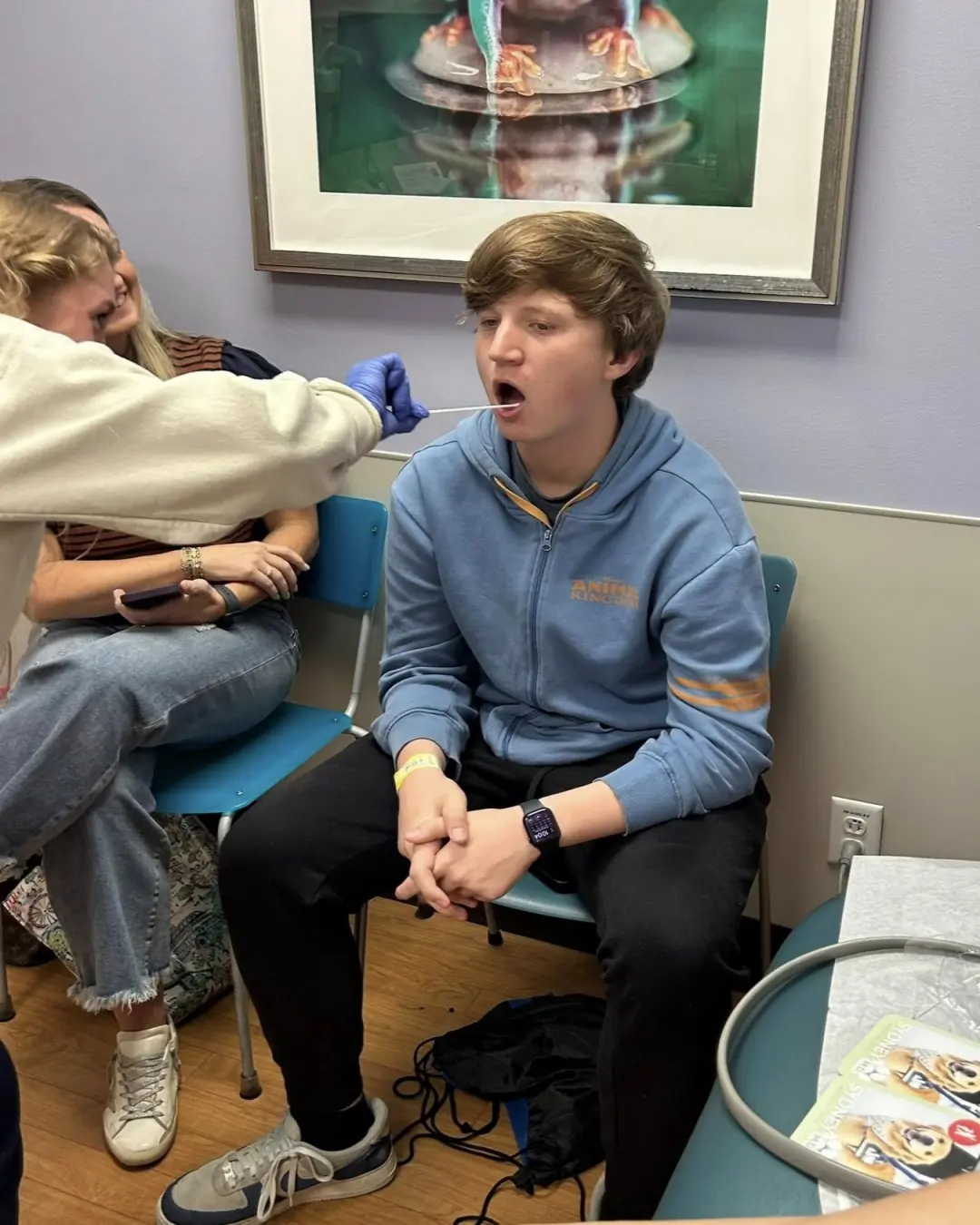
A Brother’s Gift: Caleb’s Courage for His Sister Libby
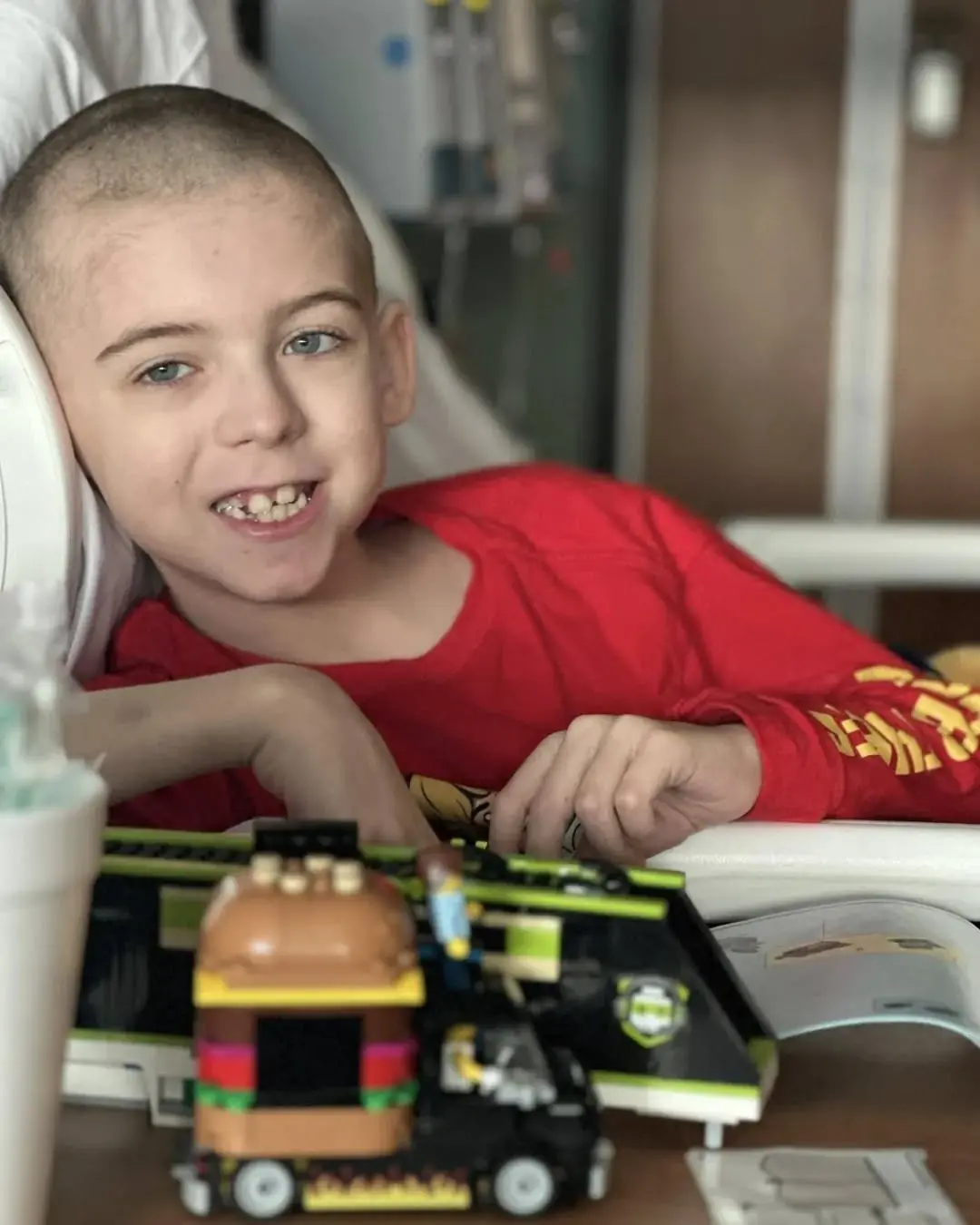
Two Brothers, One Battle: The Scotts’ Fight for Life and Hope

An Elephant’s Cry, A Human Answer.

The Farmer’s Slow Lane

The Gift of a Grandfather Without Bloodlines.

12 Powerful Natural Painkillers Found in Your Kitchen

11 Honey Remedies That Truly Work
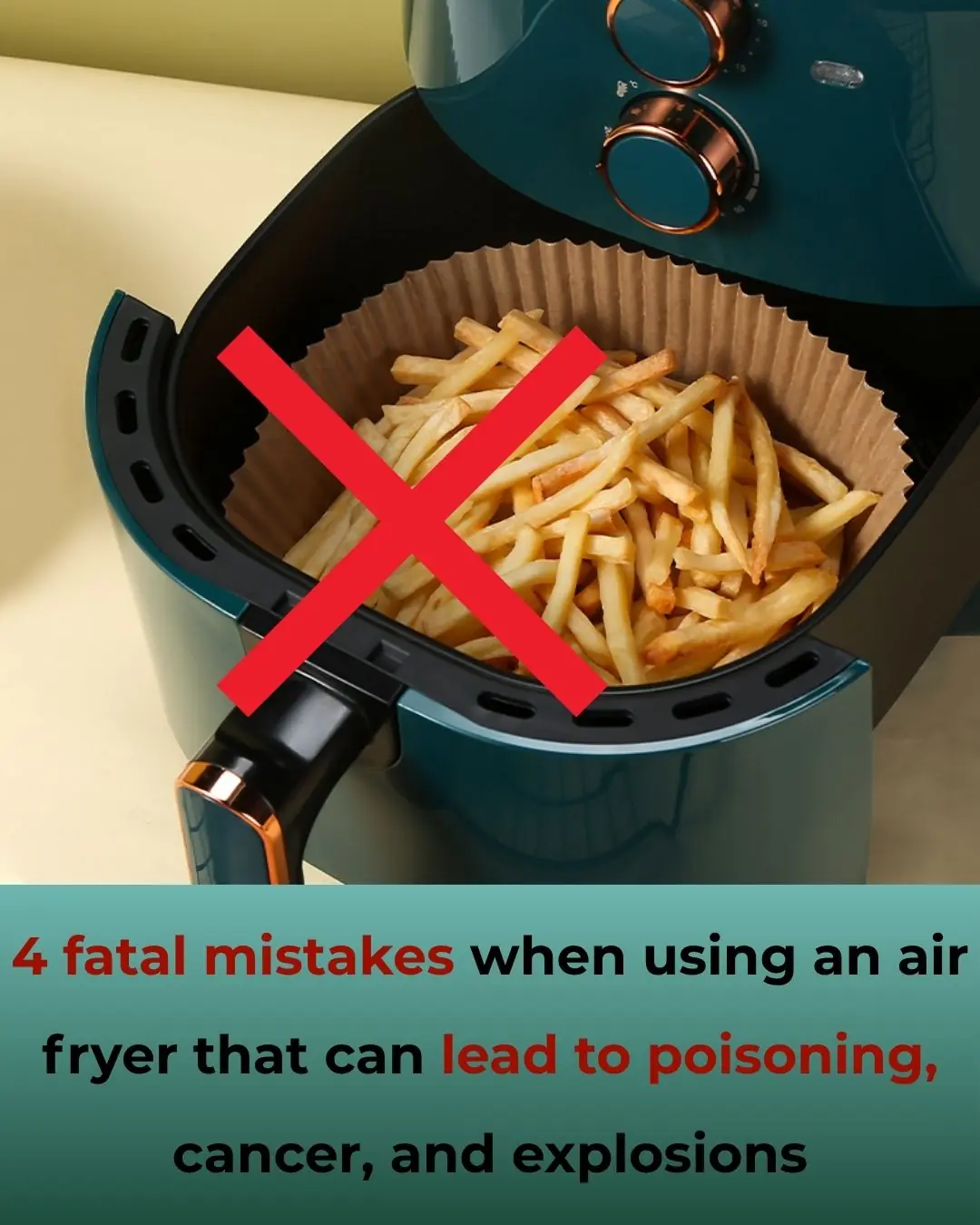
4 Dangerous Mistakes When Using an Air Fryer That Can Lead to Poisoning, Cancer, and Even Fires
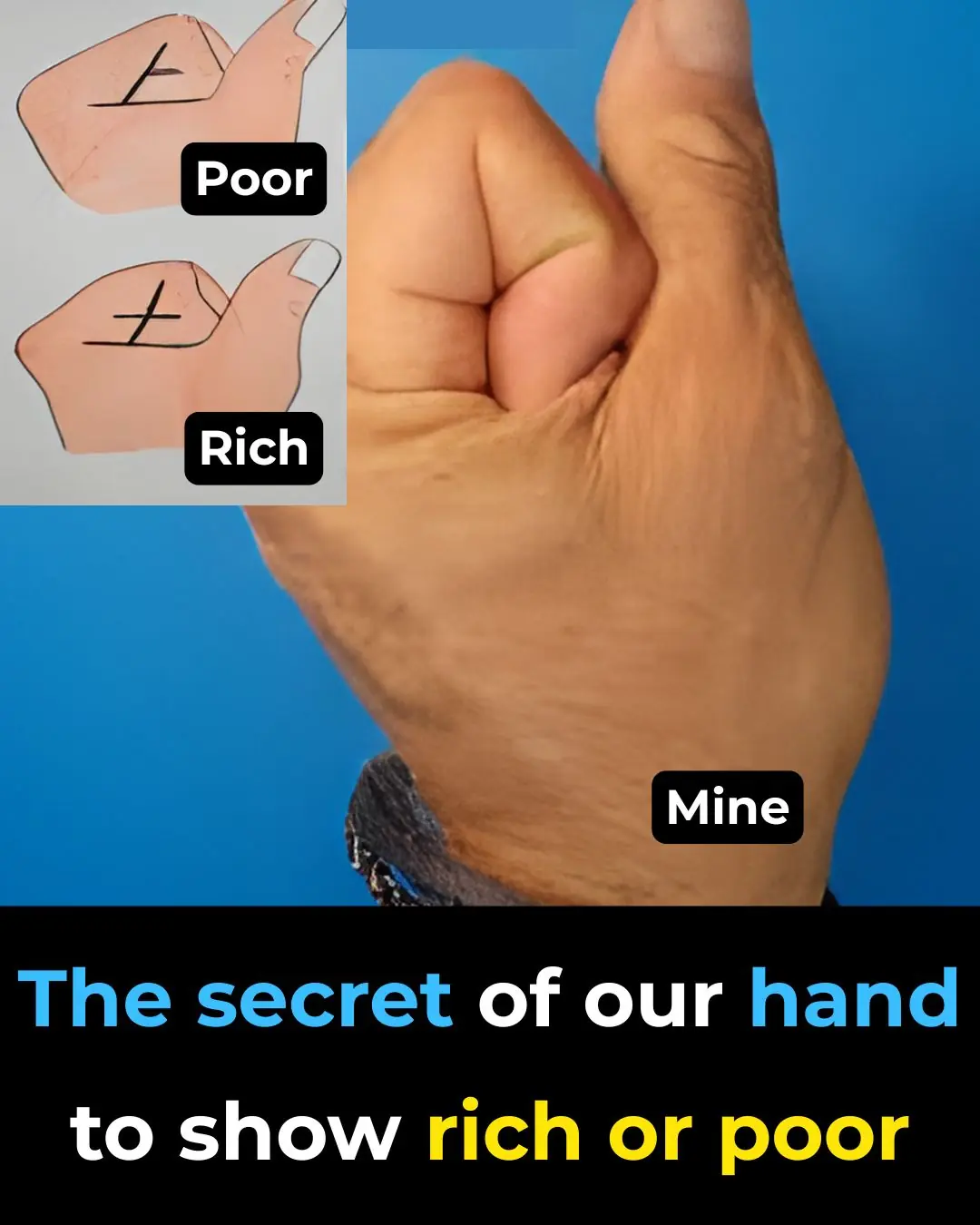
The Secret of Our Hand to Show RICH or POOR…

The Purpose of the Overflow Hole in Your Sink You Never Knew
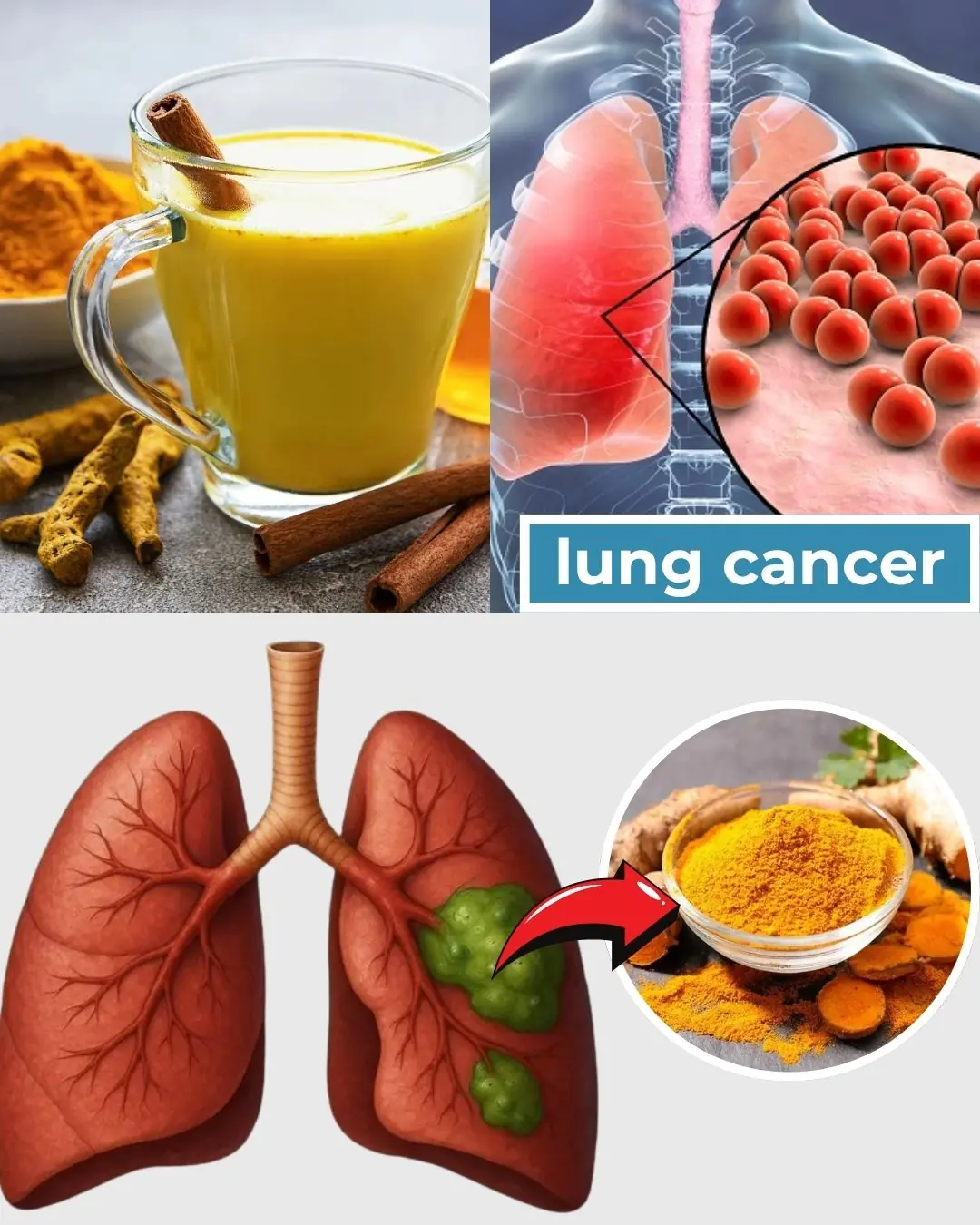
Only 2% Know This Ancient Spice Can Clean Lung Mucus Overnight 💥
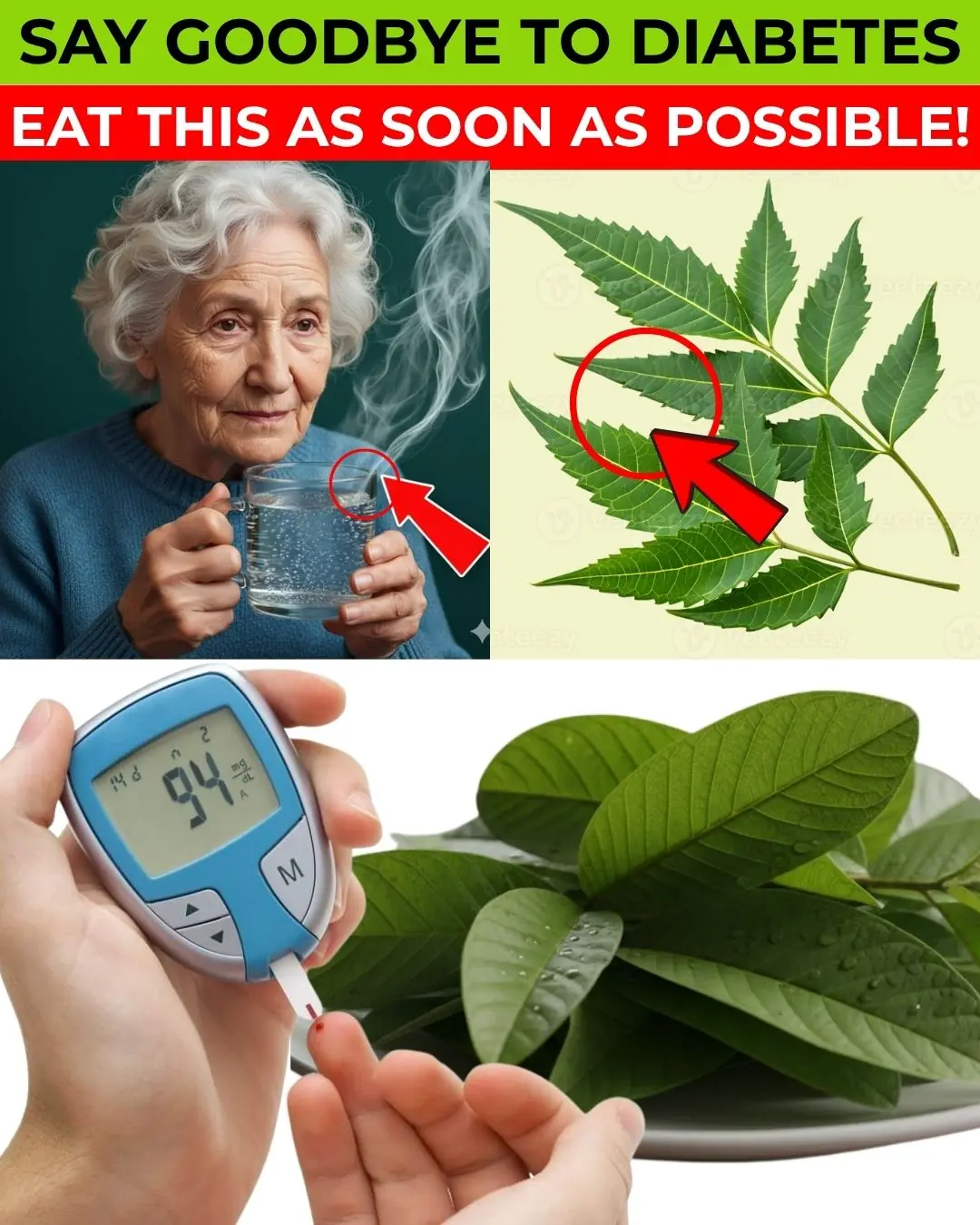
🌿 SENIORS: This 1 Leaf DESTROYS Diabetes & Melts Belly Fat (Doctors HATE It!) | Barbara O’Neill
